In this article you will read:
Oil and Gas Contracts in Iran’s Body of Law
The Ministry of Petroleum of the Islamic Republic of Iran is responsible for all kinds of oil and gas activities. The Ministry by itself has got the four major subsidiaries body as follows which undertake implementation and operation of the above mentioned activities:
The Iran’s Unique Position in terms of hydrocarbon reserves is as follows:
Esk Law firm Services
Energy Law
Currently, Iran, with 33/6 trillion cubic meters of natural gas reserves which is equivalent to 234 billion barrels of crude oil reserves, is the world’s largest owner of gas reserves.
In its last official report, National Iranian Oil Company declared that Iran’s normal and natural gas reserves are more than 33/7 trillion cubic meters and the volume of normal and recoverable crude oil reserves of the country are about 157 billion barrels; Overall, with the total volume of oil and natural gas reserves of 400 billion barrels, Iran is the world’s largest gas reserves.
You might also be interested in :
In order to attract foreign investment in Iran’s oil and gas industry, particularly after termination of sanctions, a committee known as the “Oil Contracts Review Committee” unveiled a new contract titled “Iran Petroleum Contract (IPC)” in late 2015.
The primary purpose of this Contract is to make a dramatic change in the oil and gas industry of Iran. On the other hand, Iran’s Parliament has also played an important role in this evolution through legislation of several laws such as “Duties and Powers of the Ministry of Oil,” enacted in 2012, “Petroleum Law Reform Act” passed in 2011 and “The Fifth Development Plan” in 2010. However, the turning point of this legal evolution can be found in contractual mechanism of the implementation of projects in the upstream of oil and gas industry which is mentioned in law of “Duties and Powers of the Ministry of Oil” 2012.
In this article, the legal aspects of Iran’s petroleum rules and contracts, especially for post-sanctions era, have been analyzed.
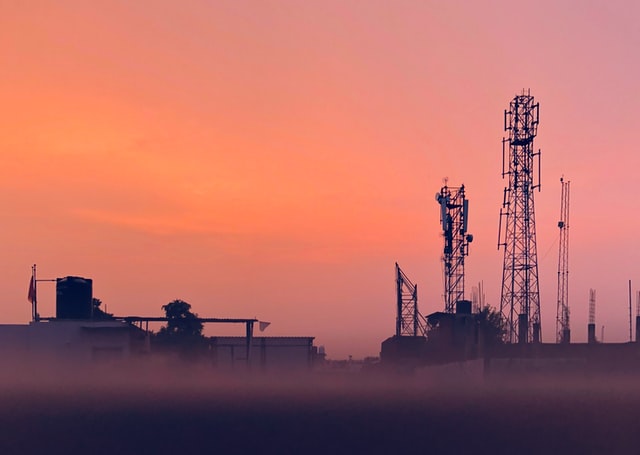
Laws and Regulations Governing the Oil and Gas Industry of Iran
Legal evolution of contractual mechanism of the implementation of projects in the upstream of oil and gas industry can be tracked in law of “Duties and Powers of the Ministry of Oil” 2012 and “Petroleum Law Reform Act” of 2011. However, the main step has been taken in law of “Duties and Powers of the Ministry of Oil”. Article 1 of this law states: “Ministry of Oil is established to fulfill the general policies of the Islamic Republic of Iran in the oil and gas sector, policymaking, governance, planning and monitoring of all upstream and downstream operations in the oil, gas, petrochemical and refining, and applies its sovereignty and public ownership on oil and gas resources on behalf of the Islamic government”.
In this law, section “D” of Article 3 “The investment and financing” allocated to the Investment subjects and oil contract patterns, and by the new legislative procedures, has effectively changed the contractual mechanism of implementation of projects in the upstream sector of the oil industry
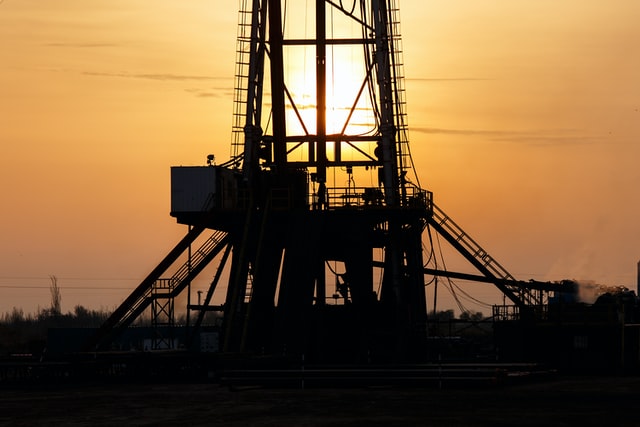
Under this section, duties and powers of the Ministry of Oil regarding investment and financing are determined as follows:
“1. Approval of development and investment projects in oil, gas, petrochemical and refining industries in order to complete the production chain and create further added value;
2. Establishing effective mechanisms for attracting domestic and foreign financial resources needed to implement development projects and keeping production capacity in compliance with laws and regulations;
3. Attracting and directing domestic and foreign capital to develop hydrocarbon fields, with priority of shared fields Through designing new contractual patterns such as cooperation with domestic and foreign investors and contractors without transferring the ownership of oil and gas stored in the tanks and in conformity with the protected production.”
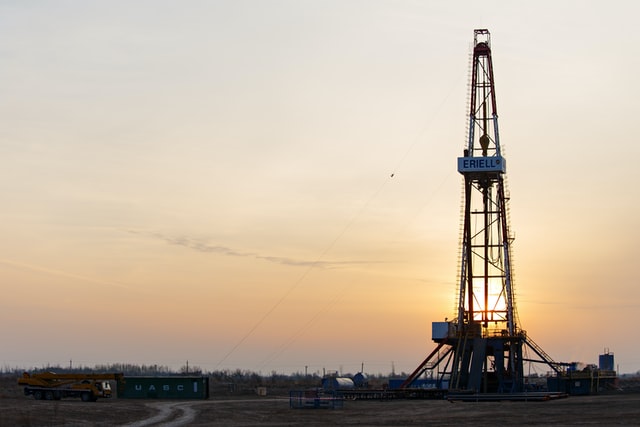
It seems that the latter paragraph, with the exception of the ownership of oil and gas in the tanks and assign it to the government, implies a contraposition in which the main element of the production sharing contracts – partial ownership of foreign oil companies in production – is recognized.
In other words, because in paragraph “D” of article “3”, only transfer of ownership of oil and gas in the tanks to contractors is prohibited, legal authorization is given to the Ministry of Oil to conclude contracts which lead to the co-ownership of foreign oil companies in production. However, in order to eliminate some misconceptions about the production sharing contracts, the share of foreign companies might be allocated with a particular mechanism such as delivery at the border or in a certain location so that the historical negative mindset that such sharing is against Iran’s Constitution can be set aside.
It seems that “Iran Petroleum Contract (IPC)” has be designed in accordance with paragraph “D” of article “3” of law of “Duties and Powers of the Ministry of Oil”, in which one of the duty of the Ministry is “Attracting and directing domestic and foreign capital to develop hydrocarbon fields, with priority of shared fields Through designing new contractual patterns such as cooperation with domestic and foreign investors and contractors without transferring the ownership of oil and gas stored in the tanks and in conformity with the protected production.”
Our team is composed of highly skilled and versatile lawyers who combine practical experience and academic knowledge of their field. Most of our practitioners have worked in different professional environments, often outside their home jurisdiction.
Prior to the new legislations, “Buyback” was the only model for petroleum contracts in Iran’s upstream oil and gas industry. By new legislations, however, the way of using partnership models has been paved and a new contract titled “Iran Petroleum Contract (IPC)” is drafted. Notwithstanding, there still is no restriction in using “Buyback” contracts. Therefore, both “Buyback” and “IPC” will be reviewed in this section.
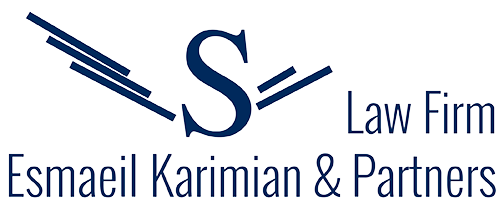

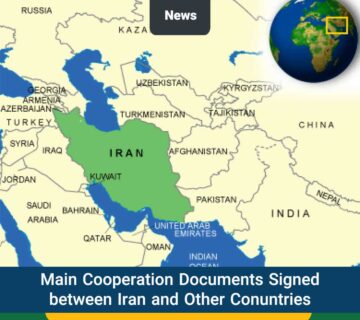
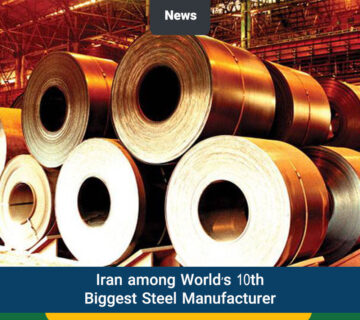

No comment